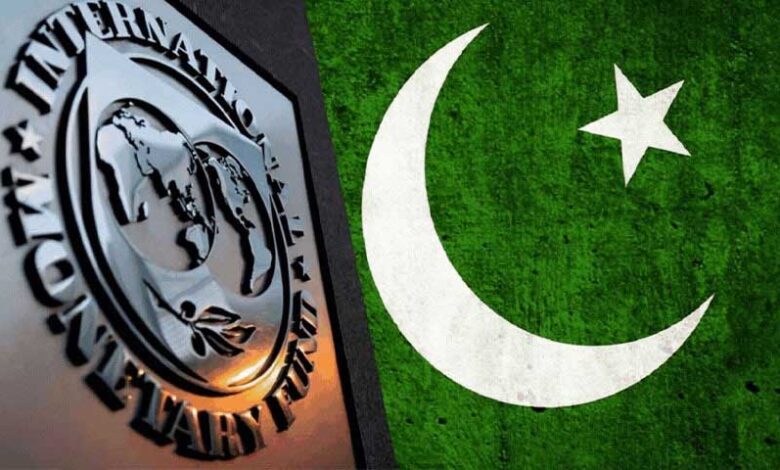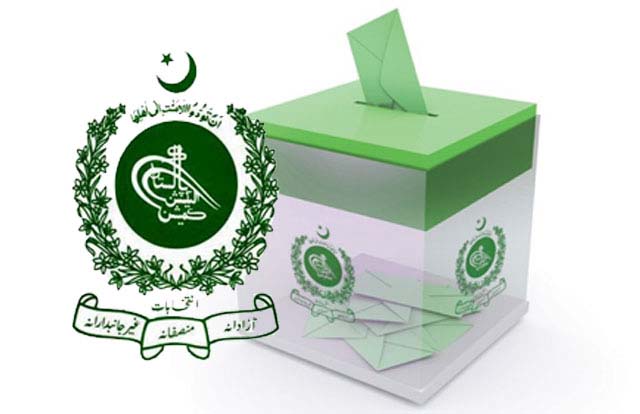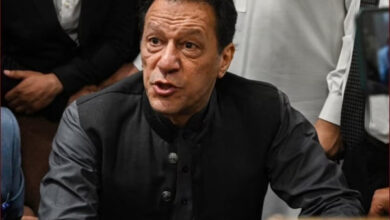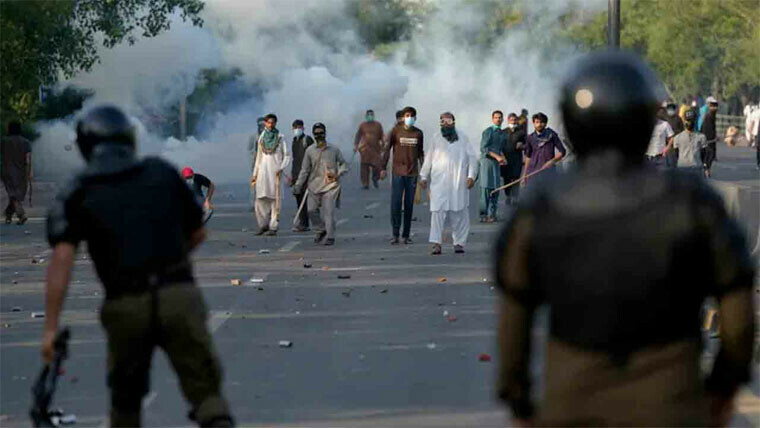Prime Minister Shahbaz Sharif Expresses Optimism About Pakistan’s Economic Future, But IMF Dependency Continues

Islamabad:Prime Minister Shahbaz Sharif has expressed confidence that Pakistan’s economic development journey has begun, and in due time, the country will bid farewell to the International Monetary Fund (IMF). However, he emphasized that to achieve this, Pakistan must focus on priority growth, reduce interest rates further, utilize natural resources, and create employment opportunities through various industries.
Two years ago, economic experts and political leaders warned of the looming risk of Pakistan defaulting. However, after joining the IMF program and receiving the loan tranche, the economy showed signs of improvement, with key economic indicators such as the value of the rupee stabilizing and foreign exchange reserves increasing.
Following Prime Minister Shahbaz Sharif’s statement, economic analysts were engaged in discussions to understand if Pakistan could indeed break free from IMF dependency in the future.
Economic analyst Shahbaz Rana pointed out in a special conversation that the Prime Minister did not state that this was Pakistan’s last IMF program. He said this indicates that the current program will not be the final one, and future IMF programs are likely to continue. Rana added that there are flaws in the IMF program and its terms, which may prevent the successful completion of the current program within the next three years. Consequently, Pakistan will likely need to enter into another program. He also noted that when the Prime Minister mentioned the possibility of “saying goodbye to IMF,” it suggests that the time has not yet arrived to end Pakistan’s reliance on the IMF.
Economic expert Dr. Khakan Najib shared his thoughts, stating that as of now, saying goodbye to the IMF seems unlikely. He emphasized that Pakistan would need to implement fundamental reforms over the next two to three years to make it feasible. These reforms, which were never a priority in the past, include privatization of institutions, enhancing the country’s production capacity, optimizing agriculture, and providing better job opportunities for the people. If these reforms are successfully implemented, Dr. Najib believes that Pakistan’s economy could stabilize in the next three years, and it may not even need the IMF program.
Economist Raja Kamran further elaborated that one of the main reasons for Pakistan’s dependence on the IMF is its low exports and high imports. Currently, Pakistan earns more through IT exports and human resource exports, while it imports a significant amount of essential goods, including food items. Raja Kamran suggested that while it is not feasible to say goodbye to the IMF at the moment, if Pakistan sees growth in the textile industry, starts exporting locally manufactured vehicles, reduces imports, and increases exports, it may be possible to part ways with the IMF in five years. However, he stressed that such a scenario is not immediately achievable.
In conclusion, while Prime Minister Shahbaz Sharif remains optimistic about Pakistan’s economic trajectory, experts caution that the country will need significant structural reforms and industry growth to reduce its reliance on international financial institutions in the long term.






